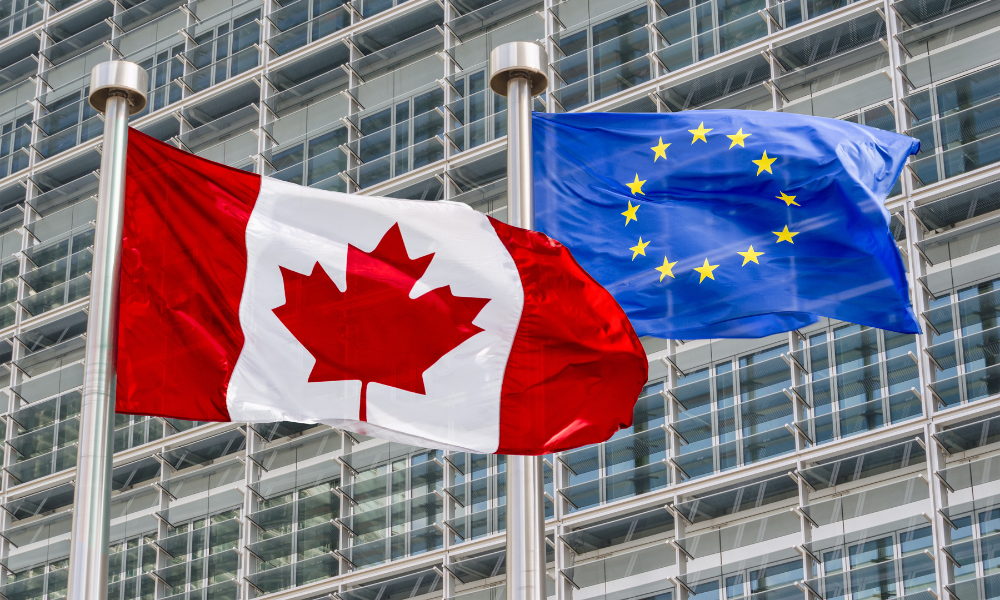UPP and Ontario Teachers' shift strategy as Trump-era tariffs push funds to reconsider US focus

Several of Canada’s largest pension funds have expanded their ownership of US assets in recent years to benefit from that market’s economic growth.
But according to Bloomberg, the investment strategy is now shifting, with some turning their attention to Europe as a result of former US President Donald Trump’s trade policies.
Trump’s administration launched a global trade war, imposing 10 percent tariffs on dozens of countries and placing 145 percent levies on Chinese goods.
In doing so, it disrupted long-standing trade and security alliances with Europe, Canada, and other allies.
These actions have prompted countries like Germany to increase defence and other public spending, developments that could support Europe’s long-term economic outlook despite present uncertainty.
Aaron Bennett, chief investment officer of the University Pension Plan (UPP), said in an interview that the evolving dynamics offer a broader range of outcomes in the region.
“I think there’s been some interesting reinvigoration of the range of possibilities and outcomes that could happen in Europe,” Bennett said.
He noted that as the European economy moves from “relatively slow growth to higher growth,” assets like infrastructure, real estate and private credit could become more attractive.
UPP, which manages $11.7bn in assets, is currently examining segments of private credit in Europe that are “less tapped and less accessible” to large funds, according to Bennett.
The team is particularly focused on areas within asset-backed lending, including real estate.
Ontario Teachers’ Pension Plan is also actively exploring the region.
CEO Jo Taylor said in an interview, “I quite like the idea of being brave and bold and investing in areas where other people don’t want to go because that means there’s less competition and potentially the chance to make better choices at lower prices.”
He added that the fund is “looking at places in Europe to invest across all of our asset categories.”
As of December, Ontario Teachers’ managed $266.3bn, with 33 percent allocated to US assets and 17 percent to Europe, the Middle East and Africa.
Although private credit has long existed, Bennett said its rapid expansion in recent years — now totalling about $1.6tn globally — means many parts of the market have yet to experience a full credit cycle.
“There’s a lot of segments where a lot of capital is rushed into it, but there’s also segments where we’re seeing ongoing fragmentation and really interesting opportunities,” he said.
Founded in 2021, UPP serves more than 41,000 active and retired members across five Ontario universities and 14 sector groups.
According to its website, as of the end of 2023, 42 percent of UPP’s portfolio was invested in fixed income, while public equities accounted for 34 percent.
Private equity and private debt represented 5.6 percent and 6.8 percent, respectively.



